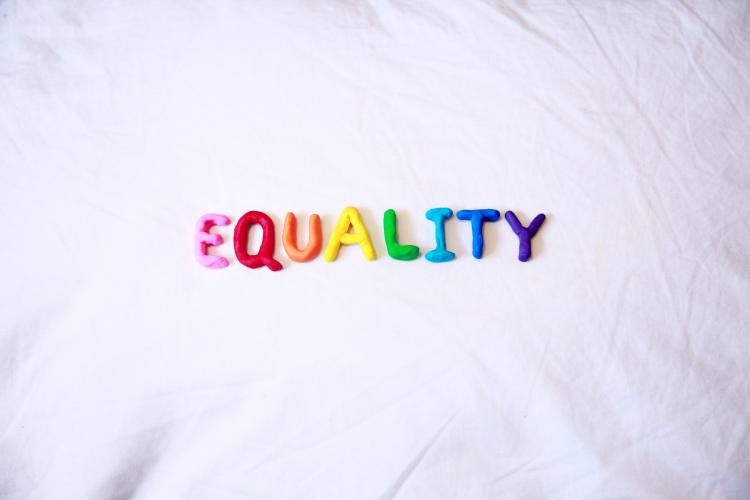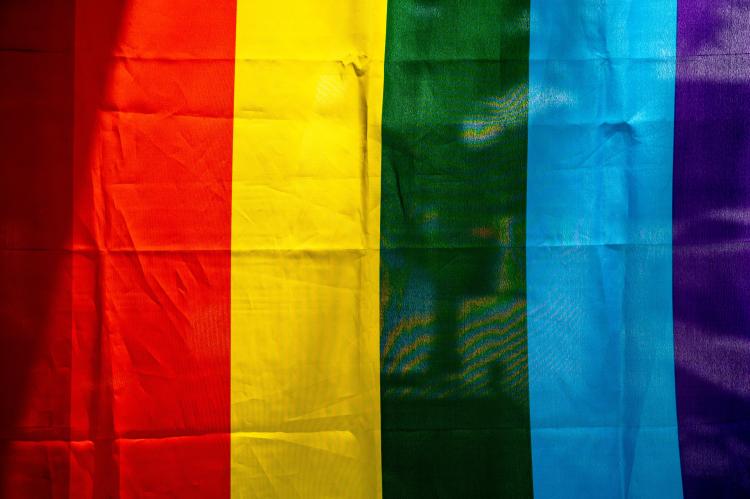‘Our bodies, our lives, our rights’ International Day against Homophobia, Bi-phobia and Transphobia

The International Day Against Homophobia, Transphobia and Biphobia was established in 2004 to raise awareness of the discrimination experienced by the LGBT+ community.
The date, May 17, was chosen to commemorate the landmark declassification of homosexuality as a mental disorder by the World Health Organisation on this day in 1990.
Prior to this LGBT+ individuals were not included in Article 1 of the 1948 Universal Declaration of Human Rights which states that “All human beings are born free and equal in dignity and rights.’
Awareness Today
Although it is now acknowledged in legislation, LGBT+ individuals still face discrimination for living and loving openly. In fact, two thirds of countries globally still criminalise same sex acts.
The day is recognised in 130 countries however 37 of these states criminalise homosexual behavior and homosexuality is illegal in 64 countries across the globe. This movement showcases the work toward de-stigmatising homosexuality and creating safe spaces for queer individuals.
The theme for this year’s International Day against Homophobia, Transphobia and Biphobia is “Our Bodies, Our Lives, Our Rights”. This encapsulates the ways in which LGBT+ individuals are mistreated, from physical violence and ‘conversion therapy’, to the forced sterilisation of trans and intersex people.
This theme seeks to champion that every body, queer or not, deserves to be recognised as enough and valid.

Allyship in the workplace
One of the few places that can have a real impact on LGBT+ equality is the workplace. Becoming an active ally to the community helps foster a safe space for individuals to feel they are respected. In this arena, co-workers and supervisors can use their influence to positively shift mindsets, call out damaging stereotypes and celebrate diverse identities.
If you want to show your support you can:
- Educate yourself regarding LGBT+ Life and terminology – The community is ever-growing and although it may seem difficult to grasp each term there are numerous sources which explain their meaning.
- Avoid assumptions - Not everyone identifies with terms so trust the individual to self-identify. Keep in mind also that not all colleagues wish to discuss their orientation, so it is important to let them decide if and when they wish to discuss this.
- Use inclusive language – rather than Guys/ Ladies and gentlemen etc. try using language such as “Hi team, everyone, friends, colleagues”
- Tackle discrimination – Intolerance of LGBT+ identities can be both overt or take the shape of microaggressions. If you witness comments which are directed at your colleague, you can politely ask the individual to stop and check in with the colleague privately.
- Remember that we are all human and sexuality is just a part of this – When your colleagues disclose that they are LGBT+, in passing, react with respect and considerate nonchalance – this in itself showcases that diverse identities are part and parcel of society and needn’t determine how someone is spoken to or treated (outside of using correct pronouns and gender-neutral language).
- A list of some LGBT+ flags: https://www.mindtools.com/blog/wp-content/uploads/2021/06/Pride-Flags-5.png
To join the conversation on Twitter please use the hashtag #IDAHoBiT
